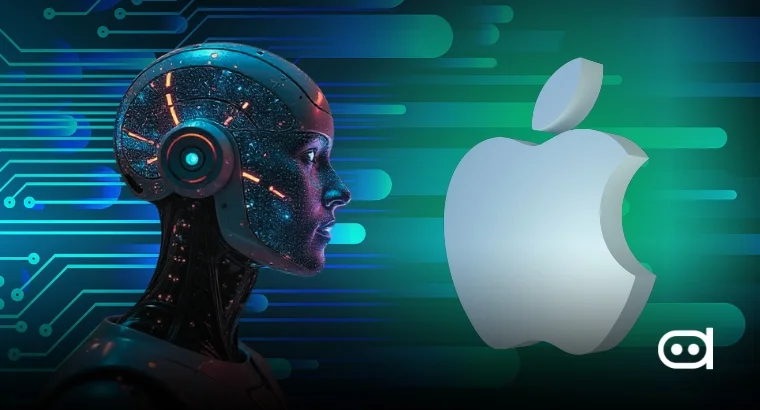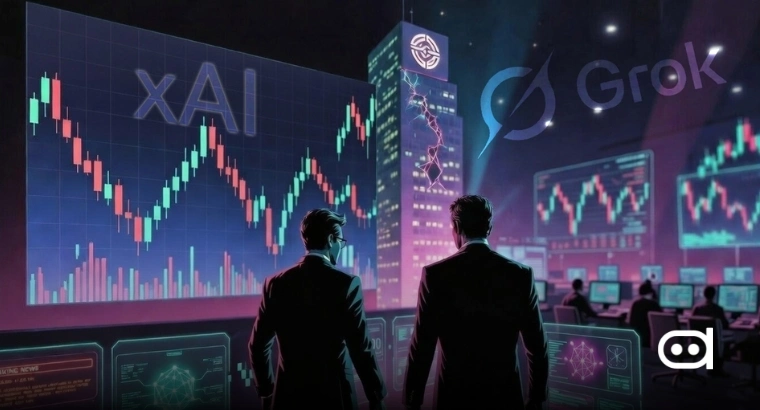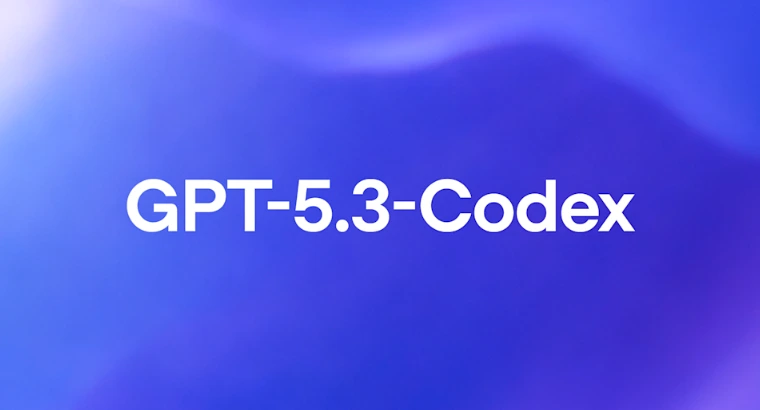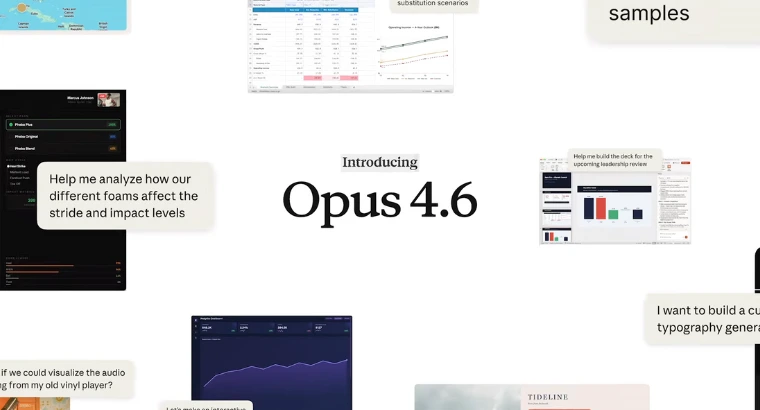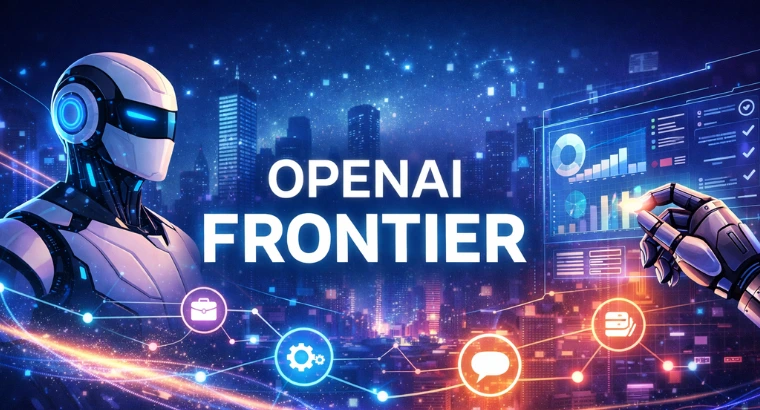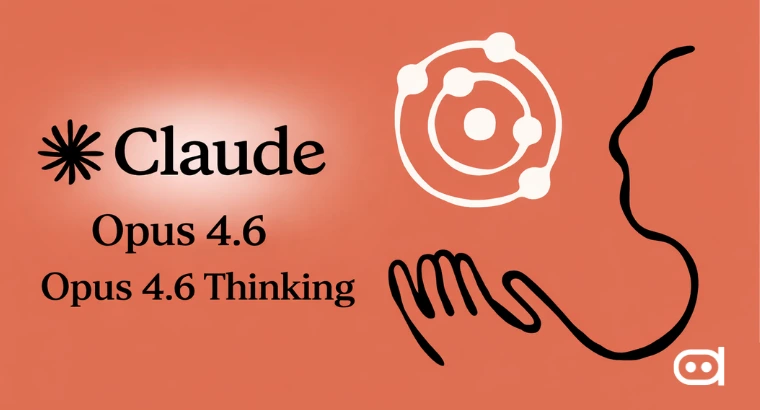
Key Highlights
- Clay’s total valuation reaches $3.1 billion, just 6 months after its last funding round
- Unlike traditional sales bots, Clay helps teams send fewer but hyper-targeted pitches
- The startup birthed the “GTM Engineer” role, now with more than 280 jobs paying more than $160,000 at firms like Notion
New York-based Clay, a fast-growing AI sales and marketing platform, has raised $100 million in a Series C funding round, which brings its total valuation to $3.1 billion.
The investment, led by Alphabet’s CapitalG with participation from Sequoia Capital and Meritech Capital, comes just six months after the company’s previous funding round at a $1.25 billion valuation.
The company helps sales and marketing teams in identifying high-potential leads, outreach, and tracking customer engagement. That too, all while reducing the flood of generic cold emails, which is a big problem in modern sales. The company turns manual lead generation into an AI-based system to make it faster and easier.
What is Clay’s Secret?
Unlike traditional sales tools, the sales startup uses more like a programmable platform. Its users, often known as “go-to-market engineers”, can customize AI workflows to collect precise business intelligence.
For example, one client used the company to scan Google Maps for warehouses, then analyzed outdoor parking spot occupancy to find out which businesses were thriving and worth targeting.
This level of specificity helps sales teams avoid spammy mass outreach and focus on high-value prospects.
Kareem Amin, Clay’s CEO and co-founder, compares the platform to AI-powered coding tools like Cursor, which improve programming tasks. “We’re giving sales teams the ability to engineer their outreach at scale,” he said in a press release.
One of the biggest selling points of this startup is its ability to integrate with over 150 data sources, from LinkedIn and Crunchbase to satellite imagery. This allows businesses to collect information and data that were previously impossible to track manually.
This kind of automation does not just save time, but it also uncovers new hidden opportunities.
For instance, a company could use the AI sales startups to monitor competitor mentions across news sites and social media. After collecting this data, they can then automatically trigger targeted outreach to clients discussing those competitors.
The rise of GTM engineering also shows a growth in hiring trends. Unlike traditional sales roles, GTM engineers use marketing intuition with technical skills, where no coding degree is required.
Clay’s training programs and boot camps are helping professionals transition into these high-paying roles, particularly in emerging markets like India and Pakistan, where demand for AI-driven sales expertise is growing rapidly.
Clay Sees Exponential Growth
Since it’s important to sales and marketing, the startup has seen staggering growth. The company now boasts over 10,000 paying customers, including OpenAI, Google, and Canva. Revenue is expected to triple this year, nearing $100 million, with profitability within reach.
Beyond its own success, Clay has sparked a new job category, called GTM (go-to-market) engineering. Over 280 job listings for GTM engineers now exist at companies like Notion and Webflow, with median salaries around $160,000; 20% higher than traditional sales ops roles.
The ecosystem around Clay is also growing:
- More than 60 user clubs worldwide share tips and strategies.
- 108 agencies (known as “Claygencies”) specialize in Clay-powered lead generation.
- 7 bootcamps have trained more than 2,500 GTM engineers.
Despite its rapid rise, Clay faces hurdles. Its powerful integrations can make the platform complex for newcomers. “We have to balance power with usability,” Amin admitted.
Competitors are also emerging. ZoomInfo, a major data provider, partners with Clay but has launched GTM Studio, a rival product. Traditional sales tools and new AI startups are also fighting for market share.
Clay’s backers argue that AI should not mean more robotic outreach, just smarter, more personalized sales strategies.
“AI shouldn’t replace jobs; it should elevate them,” said Alfred Lin of Sequoia Capital. “Updating lead databases manually isn’t where salespeople add value. Clay lets them focus on what matters—building relationships.”
With fresh funding and a growing movement around GTM engineering, Clay is establishing itself as the backbone of AI-based sales. As CapitalG’s Jane Alexander put it: “Clay is setting the bar for how companies use AI in sales and marketing.”
Recently, Vast Data, a fast-rising AI infrastructure startup, is reportedly in discussion to secure a massive new funding round that could value the company at a staggering $30 billion.
